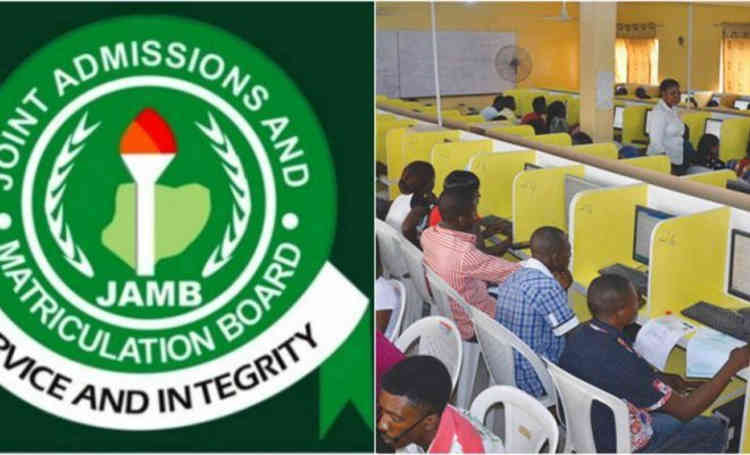Ola Akinwunmi
The Joint Admissions and Matriculation Board (JAMB) has announced a special mop-up examination to accommodate candidates who missed the recently concluded 2025 Unified Tertiary Matriculation Examination (UTME), giving over 5.6 percent of applicants another shot at securing university admission.
Speaking during a stakeholders’ meeting in Abuja on Wednesday, JAMB Registrar, Professor Ishaq Oloyede, said the decision was guided by the board’s commitment to fairness and inclusivity. He stressed that the mop-up exam would be open to all absentee candidates, regardless of why they missed the main test.
“This time, we are creating a new mop-up. Even those who missed the earlier exam due to absence will get another opportunity,” Oloyede said. “It’s not extraordinary. In any serious system, when students miss an exam, they’re allowed to make up—provided there’s no abuse.”
The registrar took the opportunity to reframe public perception of the UTME, noting that it’s a placement test—not a definitive assessment of intelligence or academic potential.
“Its purpose is to rank candidates for limited admission slots, not to test how smart someone is,” he explained.
Oloyede also addressed swirling criticism around JAMB’s operations, firmly pushing back against suggestions of ethnic bias or administrative failure. He acknowledged public frustration but urged stakeholders to engage constructively.
“I take responsibility, not because I failed, but because that’s leadership,” he said. “I didn’t even realise people viewed issues around me through ethnic lenses. We must rise above such profiling.”
He commended both candidates and JAMB staff for navigating the logistical hurdles of the examination period. “We had limited space. We knew if we wasted more time grieving the challenges, students would lose their opportunity,” he said.
The board has not yet announced the exact date for the mop-up examination but assured that it will be communicated soon. In the meantime, JAMB reiterated its commitment to transparency, equal opportunity, and maintaining public trust in the admissions process.

